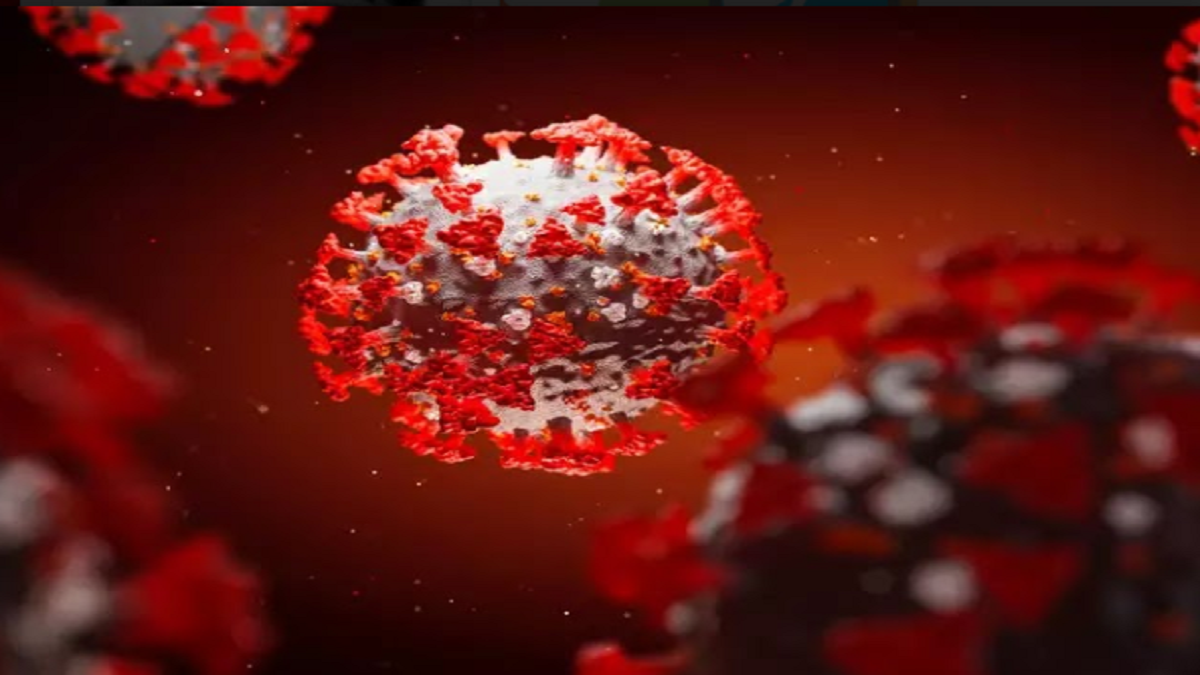


Gandhinagar: Traces of Coronavirus have been found in Sabarmati river, Kankaria lake and Chandola lake in Ahmedabad. All three water samples were taken and all samples were found to be infected. As many as 16 samples were taken in four months, of which 5 samples were found to be positive.
Gujarat’s Ahmedabad had recorded the highest number of Covid-19 cases during the second wave in the country. So far, live virus has been found in the sewage lines of several cities in the country, but now it has also been found in the water bodies. In India, Karnataka became the first state to introduce a city sewage surveillance system in Bengaluru earlier this week to identify potential Covid-19 clusters.
Manish Kumar, Assistant Professor, Earth Science, IIT Gandhinagar, said that samples of Corona virus were found in Sabarmati River, Kankaria Lake and Chandola Lake every week from September 2020 to December 2020. A total of 16 samples were taken, out of which 3 genes of RAN were found in 5 samples. Infection is usually confirmed if two genes are positive. However, it is not known whether the coronaviruses found in the samples are alive or dead in the water.
“Our research has not been able to determine whether the virus found in the water sample is alive or dead,” he added.
“We took samples between September 2020 and December 2020. There is a special need for monitoring. In particular, drinking water that comes from rivers and lakes should be monitored. It should be checked twice a week to find out about the virus,” he added.
“The WHO also said that the virus needs to be investigated not only in the human body, but also in the environment, so we need to monitor the water as well.”
Professor Kumar added that solid waste could be the cause of the virus spreading in the water. “If people throw away the used masks they wear, it might contaminate the water body. Having a virus in the water is dangerous. Not sure how serious the infection is, but should be checked in the water bodies,” the professor said.
Following this, the study was resumed to investigate the natural water sources. Sampling was started by selecting two cities, as Ahmedabad has the largest number of waste water treatment plants.